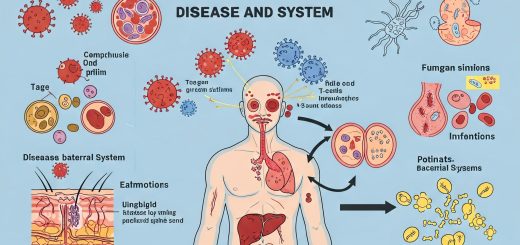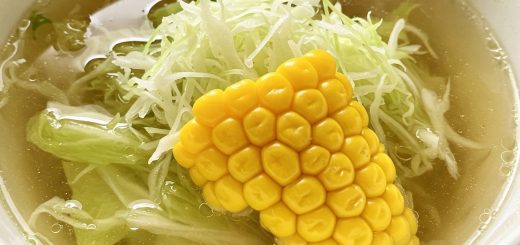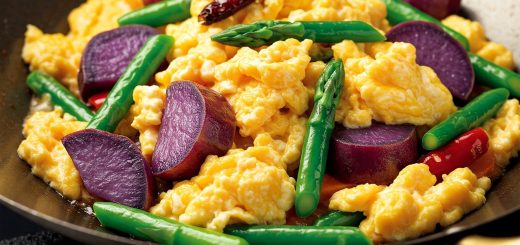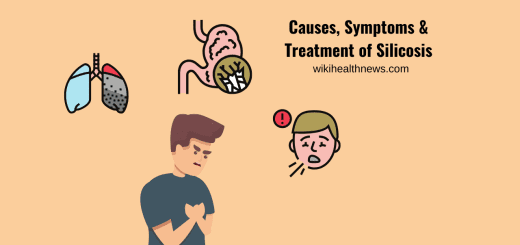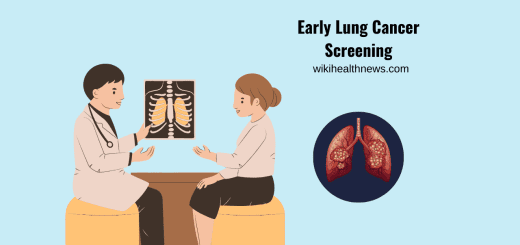Flavonoids Rich Foods Have Many Benefits
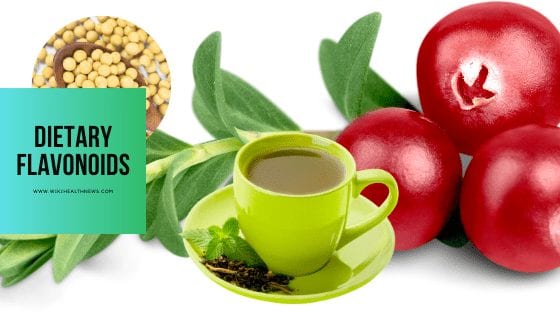
Dietary flavonoids
What are flavonoids?
Flavonoids (or bioflavonoids) are a class of plant and fungus secondary metabolites.Chemically, flavonoids have the general structure of a 15-carbon skeleton, which consists of two phenyl rings and heterocyclic ring.
Flavonoids are important dietary sources of antioxidants and are known for their protective effects against risk of chronic diseases.
Flavonoids comprise the most common group of plant polyphenols and provide much of the flavour and colour to fruits and vegetables. Although flavonoids are widely distributed in nature and in foods, they lack uniform distribution throughout the plant kingdom.
What are the function of Flavonoids?
Flavonoids are widely distributed in plants, fulfilling many functions. Flavonoids are the most important plant pigments for flower coloration. They producing yellow or red/blue pigmentation in petals designed to attract pollinator animals. In higher plants, flavonoids are involved in UV filtration, symbiotic nitrogen fixation and floral pigmentation. They may also act as chemical messengers, physiological regulators, and cell cycle inhibitors.
What are the types of flavonoids?
Flavonoids are classified into:
- flavonoids or bioflavonoids
- isoflavonoids
- neoflavonoids
Six major subclasses of flavonoids include – the flavones, flavonols, flavanone, flavonols, anthocyanidins, isoflavones
What are the dietary sources of flavonoids?
High consumption of fruits and vegetables has been proven to be associated with a lower risk of various degenerative diseases such as cancer. Consumption of fruit and vegetables, as well as grains, has been strongly associated with reduced risk of cardiovascular disease, cancer, diabetes, Alzheimer disease, cataracts, and age-related functional decline.
The major dietary sources for the total flavonoids are tea, citrus fruit juices, wine, and citrus fruits. Tea is identified as the most important source, especially for flavan-3-ols and flavonols.
A mixture of grain foods was the major source for flavones; citrus fruit juices for flavanones; wine for anthocyanidins; and legumes for isoflavones.
In Japan, soy and soy-containing foods are consumed in large quantities and, as a result, isoflavone intake is higher than other flavonoid subclasses.
Foods with a high flavonoid content are –
- Parsley,
- Onions,
- Blueberries and other berries,
- Black tea, green tea
- Bananas,
- All citrus fruits,
- Dark chocolate (with a cocoa content of 70% or greater).Flavonoids also are susceptible to other food processing and food handling procedures
When cooked in water, those foods having a high surface area or ruptured cell walls results in a substantial reduction in the levels of flavonoids.
What are the health benefits of flavonoids?
Plant-based foods, such as fruit, vegetables, and whole grains, which contain significant amounts of bioactive phytochemicals, may provide desirable health benefits beyond basic nutrition to reduce the risk of chronic diseases. In a study in Finland, intake of apples and onions, both high in quercetin, was associated with lower heart diseases. Consumption of whole foods, such as fruit and vegetables, is strongly associated with reduced risk of chronic diseases. The risk of cancer is inversely related to the consumption of green and yellow vegetables and fruit. Because β-carotene is present in abundance in these vegetables and fruit, it has been extensively investigated as a possible cancer-preventive agent. The health benefits of the consumption of fruit and vegetables also has preventive effects on other chronic diseases such as cataracts, age-related macular degeneration, central neurodegenerative diseases, and diabetes.
Cancer prevention:
Dietary flavonoid intake is associated with reduced gastric carcinoma risk in women, and reduced aero – digestive tract cancer risk in smokers.
Inflammation Prevention:
Flavonoids have also been proposed to inhibit the pro-inflammatory activity of enzymes involved in free radical production, such as cyclooxygenase, lipoxygenase or inducible nitric oxide synthase, and to modify intracellular signaling pathways in immune cells,or in brain cells after a stroke.
Antibacterial Activity:
Flavonoids has activity to fight against infection and bacteria . It also helps to increase the effect of antibiotics acting against bacterial infection.
Flavonoids have been shown to have direct antibacterial activity, synergistic activity with antibiotics, and (c) the ability to suppress bacterial virulence factors in studies.
What is the effect of flavonoids on eye?
Recent studies suggest an independent and protective association between dietary intake of flavonoids and the likelihood of having age-related macular degeneration (AMD) risk and progression.
You can read the abstract : CLICK HERE
Fertility Treatment In Chennai
IVF treatment is an option for couples struggling with infertility. ICSI is an advanced fertility treatment for male infertility. This gives best success in the hands of expert IVF doctors and embryologists.






